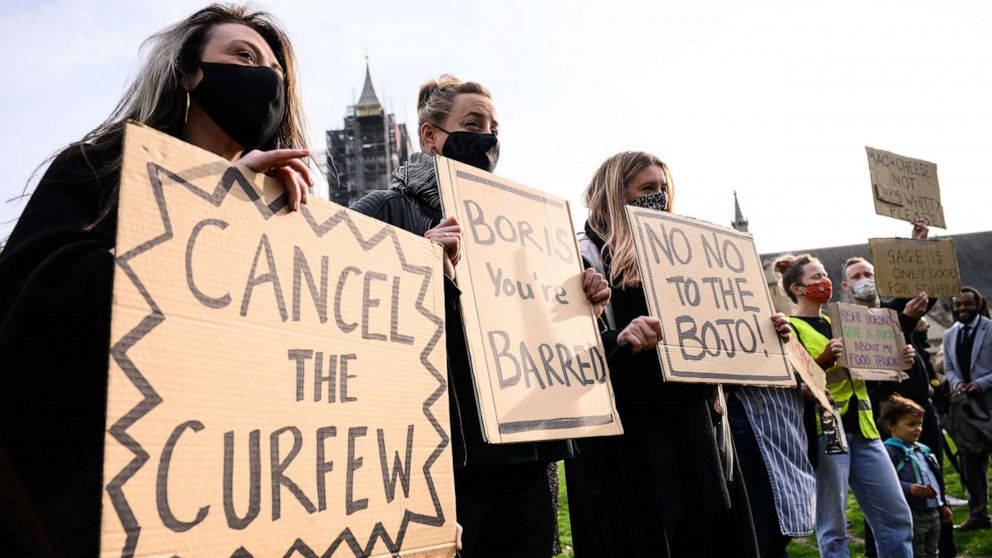BRUSSELS: Several countries in Europe have imposed new restrictive measures amid a second coronavirus wave in the continent. According to the European Centre for Disease Prevention and Control, the continent has so far reported a total of 8,343,983 Covid-19 cases, with 251,844 deaths.
On Sunday, France, one of the worst-affected country, reported a daily record of 52,010 new cases, two days after becoming the second European nation to register more than 1 million coronavirus infections, according to the Public Health Agency. The grim second wave of the pandemic has forced the French government to impose curfews in a majority of regions across the country, requiring more than two-thirds of the French population, or around 46 million people, to stay home between 9 p.m. and 6 a.m. for six weeks.
Struggling with an explosive rebound, Italian Prime Minister Giuseppe Conte announced on Sunday that pubs, bars, restaurants and ice cream shops must shut down at 6 p.m. as part of new measures to contain the pandemic, effective through November 24. He added that the government will promote smart working in public administration and that it “strongly recommends” the private sector do the same in order to reduce crowding on public transportation.
Spanish Prime Minister Pedro Sanchez has announced a state of emergency, days after the country became the first EU member to pass the 1-million-infection mark.
The State of Alarm, effective from Sunday, is due to run 15 days. But the prime minister said his government aims to keep it in force until May 9 next year, a move that will need the support of a majority in the country’s 350-seat congress.
Also on Sunday, another 19,790 people in the UK tested positive for Covid-19, bringing the national tally to 873,800, with 44,896 death. The latest figures come as British doctors raised grave concerns about the pandemic situation in the autumn and winter period.
The alert system entails the closure of pubs and bars in the region unless they serve substantial meals while different households are banned from mixing indoors and outdoors, including in private gardens. Meanwhile, cases have also risen strongly in Hungary, Croatia, Bulgaria and Lithuania, some of which have reported record daily surges in infections in recent days.
Having reported record daily increases for five consecutive days as of Sunday, Croatia’s National Civil Protection Headquarters announced new measures that will take effect on Monday midnight.
The measures include mandatory physical distancing, a ban on all public events with more than 50 people, and a new limit on the number of people attending weddings and funerals.







